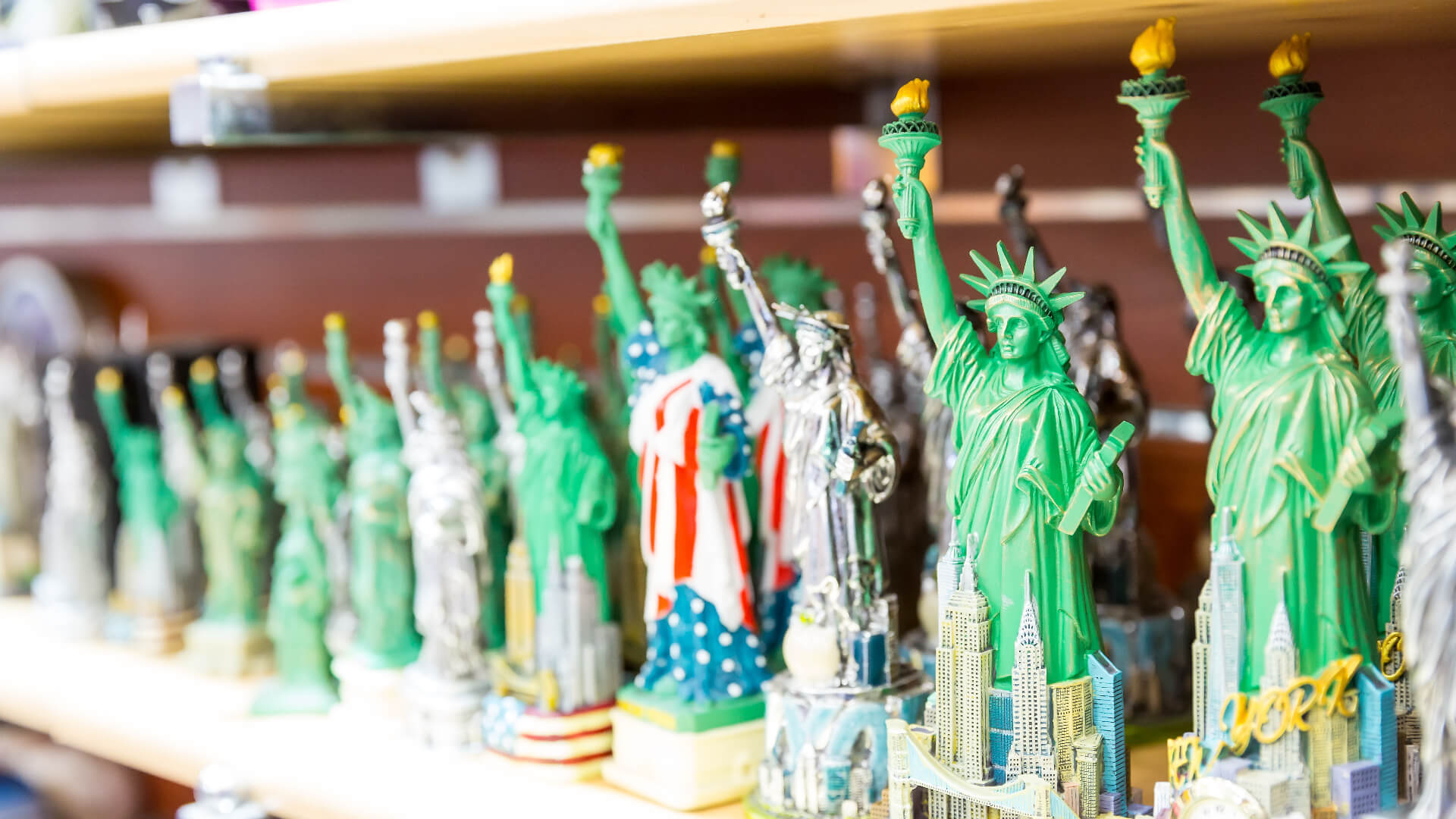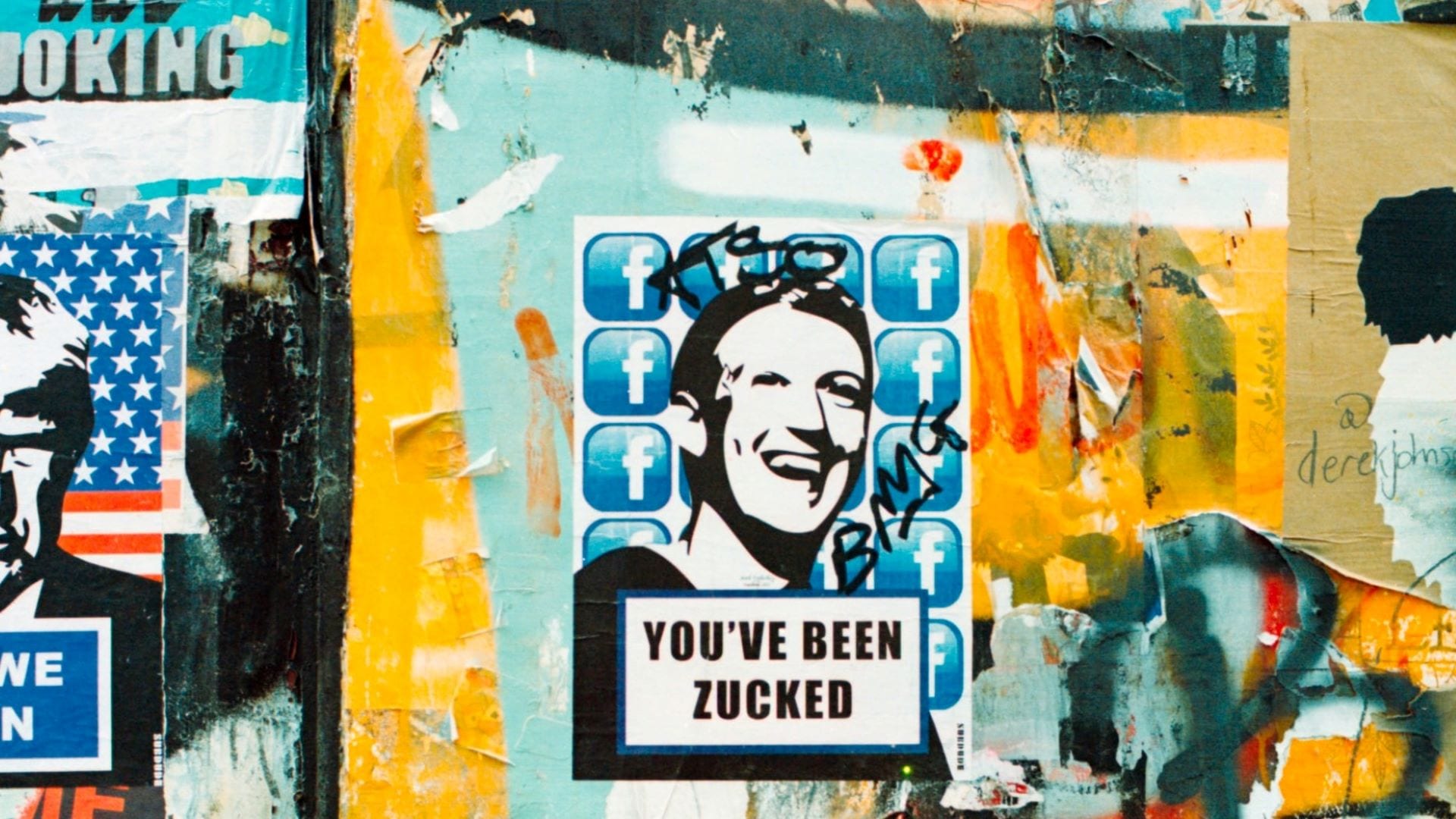Tag: communication


Liberalism as a product: how to convince others that freedom is good
February 21, 2024 | Post
Liberalism is a great product, but it often doesn’t sell very well, despite spearheading the astronomical leap in prosperity over the past 200 years.
So, what are liberals getting wrong and how can they sell freedom more effectively?

How Section 230 protects your online freedom
January 12, 2024 | Post
Section 230, part of the Telecommunications Decency Act of 1996, may sound like just any obscure piece of legislation, but it plays a crucial role in protecting your online freedom.
When Section 230 became law in 1996, it brought common sense to the table — content creators should be held responsible for their own words, not the platforms playing host.
However, in recent years, there has been significant pushback against Section 230 from figures across the political spectrum.

Defending liberty in the digital age: how useful is social media activism?
September 21, 2023 | Post
The power of information dissemination through social media networks is remarkable, with messages often going viral within seconds. Yet, it is essential to acknowledge that social media activism has its limitations.

Why Section 230 is vital for freedom of expression online
February 8, 2023 | Post
There was a time when the debate around Section 230 was limited to the underworld of D.C. tech policy folks, but this is certainly no longer the case. While this once obscure part of the Communications Decency Act was gradually becoming more of a discussion point, it was thrust into the mainstream when Twitter and Facebook banned Donald Trump from their platforms after he posted incendiary tweets. Here’s why we should defend Section 230…

Is social media a modern-day Tower of Babel?
January 6, 2023 | Post
As social media platforms use artificial intelligence to curate users’ feeds with the content they are most likely to engage with, this erects barriers to communication among people of differing opinions.

Are major tech companies stifling free speech?
January 5, 2023 | Post
Technological advances have made it much easier for individuals to express themselves, but are major tech companies now stifling free speech?

Why we’re being watched: Top 6 Learn Liberty resources for understanding the new CIA leaks
March 10, 2017 | Post
Here are the top six Learn Liberty resources for interpreting Wikileaks’ “Vault 7” documents on the CIA.

Why you should encrypt — and 3 tools to get started right now
January 26, 2017 | Post
Whether it’s protecting your banking information from potential hackers or making sure some nefarious government agent doesn’t intercept sensitive data, there are a ton of reasons to use basic encryption technologies for your communications.

Encryption is a human rights issue: Your privacy and free speech depend on it
December 21, 2016 | Post
Encryption was at the heart of the ideas that led to the America’s founding.

